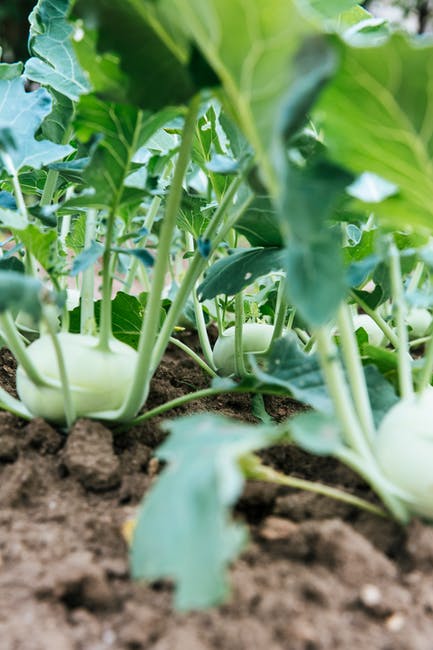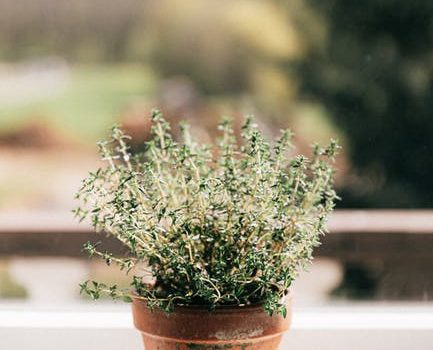
There are a number of healthy ways to get chemical-free produce, and one the best is to start your own organic garden. There are many ways to approach this hobby. Just learn some techniques, and put the ones that resonate with you into practice.
Allow your children to assist with the work to be done in your organic garden. Gardens are terrific teaching tools for kids, and provide great opportunities for interaction, growth, and instruction on healthy living.
Think about planting everbearing strawberries in your garden, especially if you have small children. Kids delight in the idea of growing things and seeing how things change over time. Explain every step to your child and he or she will hang on to your every word.
Aspirin water will strengthen your plants against diseases. One and one half aspirin crushed and added to a two gallon container of water will be a great help for your plants. You can easily spray the plans with this concoction to help them fight of disease. Plants should be sprayed once every two to three weeks.
If you have a high priority for sustainability in your organic gardening, try leaving a corner of the property undeveloped as a mini wildlife refuge. Your cultivated garden spaces will benefit from the various insects and wildlife that will inhabit and pollinate the undeveloped space.
In order to maximize the efficiency of your gardening, ensure your gardening tools are kept close by you. For example, you could use an over-sized tote bag or an apron with multiple pockets. Keep your trowel, pruning shears and gloves handy so you can do your garden work quickly and easily.
In your flower beds and garden, utilize a few inches of organic mulch. This will prevent weeds from growing, retain humidity, and feed your plants with the nutrients they need. What’s more, your garden will look professional all year.
You can cover your muddied gardening footware easily by keeping plastic bags around. You will be able to go in and out without having to keep taking your shoes on and off.
Coffee Grounds
Add used coffee grounds to your soil. Coffee grounds have a lot of nutrients that plants can use. Plants need an adequate nitrogen source in order to thrive. Adding coffee grounds, chemical fertilizer, or diluted urea to your soil increases the soil’s nitrogen content and will help to make your plants grow faster, taller and healthier.
Use untreated stone, brick or wood to build raised beds. If you choose to use wood, make sure it is naturally rot resistant and untreated. Several species of trees yield suitable wood. Locust, cypress, and cedar are among the more commonly used rot resitent woods. In a vegetable garden, never use treated wood, as the chemicals can leach out into the soil and food crops. If you have built a bed with treated lumber already, use a barrier such as plastic to line the bed.
Your authenticity as an organic grower is solidified when you obtain the organic gardening certification. With this, you and your crops are credible and 100% legitimately organic. This is important for your business and to your customers. This should boost your sales while proving to your customers that they are getting healthy products.
Anyone can have a garden, but it takes knowledge to have a productive and healthy one. It is important to put these organic tips to good use.
